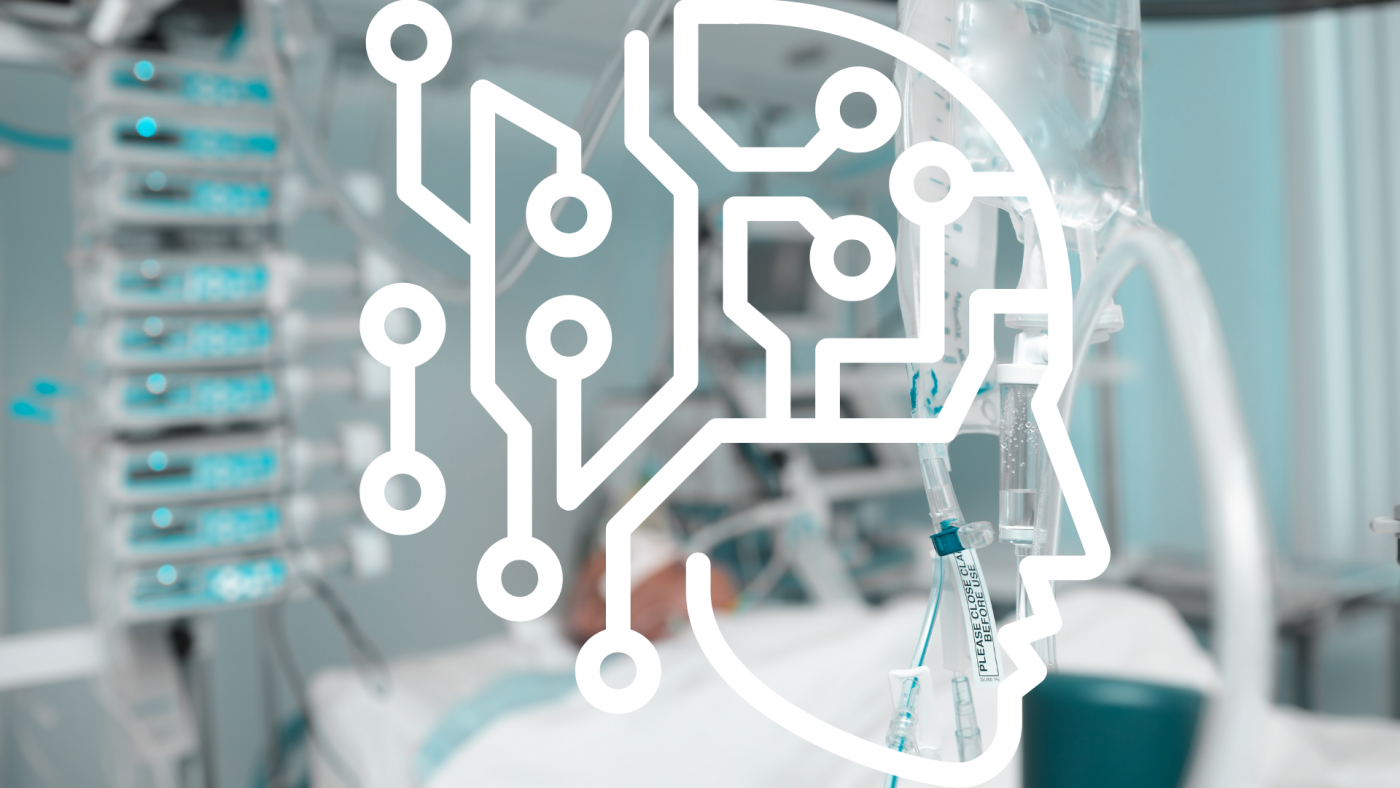How ML Algorithms Can Predict Complications and Improve Decision Making in the Cardiac ICU

Authors: Amina H Khalpey, PhD, Ujjawal Kumar BA, Jessa Deckwa, Yash Suri BS, Brynne Rozell BS, Zain Khalpey, MD, PhD
Artificial intelligence (AI) has the potential to significantly improve decision making and predict complications in the cardiac intensive care unit (CICU). AI systems can achieve this by analyzing much larger amounts of data than can be analyzed by a human analyst in a comparable time. Additionally, machine learning algorithms can be used to identify patterns and trends that may not be apparent to human analysts. In this piece, we will explore the various ways in which AI can be a useful adjunct to human clinical thinking to help predict complications, improve decision making and ultimately improve patient outcomes in the CICU. We suggest that AI will have a clinical role in:
Early detection of complications:
AI/machine learning algorithms (AI-ML) can be used to analyze data from a variety of sources. These may include (but are not limited to) medical records, medical imaging scans, and vital signs recording monitors. The AI-ML system can be used to identify patterns and trends that may indicate the early stage of a complication or are associated with future complications. This will allow for early intervention, prevention of clinical deterioration and potentially improve patient outcomes.
Predictive modeling and risk assessment:
AI algorithms can be used to build predictive models that can be used to assess a patient’s risk of developing a particular complication. These algorithms make use of patient medical history as well as medical imaging scans and other relevant patient data. This could help to identify patients who may be at high risk for certain complications, allowing for early intervention that could prevent or mitigate those risks.
Real-time monitoring:
AI algorithms can be used to monitor patients in real-time and alert clinicians to any changes that may indicate a potential complication. This can help to prevent adverse events and improve patient safety.
Decision support tools:
AI algorithms can be used to develop decision support tools that can help clinicians to make more informed decisions about a patient’s care. One such use-case is the use of AI algorithms to generate a specific, personalized treatment regimen based on a patient’s unique characteristics, past medical history, and current clinical condition. By making use of patient-specific information to develop individualized treatment recommendations, AI-ML can help to optimize treatment and improve patient outcomes.
In conclusion, AI has the potential to significantly improve decision making and predict future complications in the CICU by analyzing large amounts of data and identifying patterns and trends, both of which can be done more accurately and in greater volumes than human analysts. By enabling early detection of complications, building predictive models to assess risk, providing real-time monitoring, and developing clinical decision support tools, AI can help to optimize medical treatment and improve patient outcomes in the CICU. As AI technology continues to advance and these capabilities improve, it is only more and more likely that AI will play an increasingly important role in the management of patients in the CICU.



